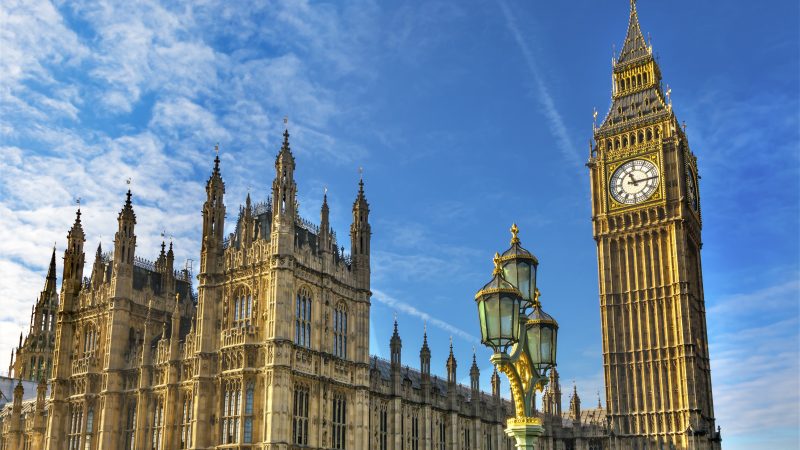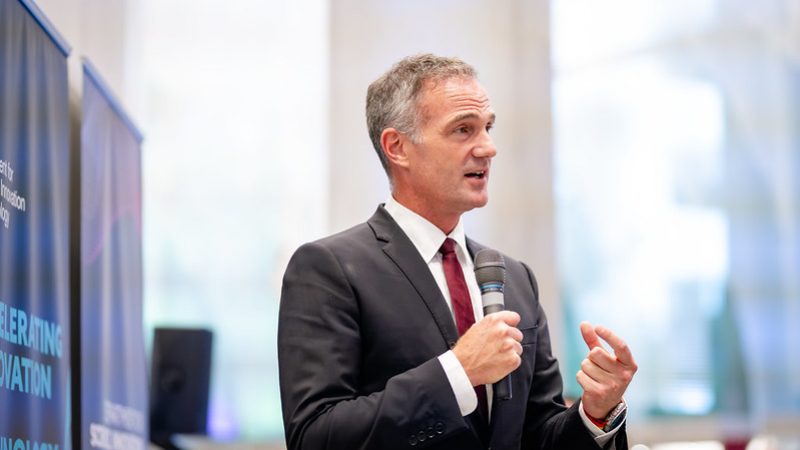Container Fire Prompts Maersk Boxship to Divert to Tenerife

The container ship Rhine Maersk was forced to make an emergency port call in the Canary Islands on Sunday after crew members detected dangerously high temperatures in several cargo containers.
Rhine Maersk was northbound on a voyage from Abidjan to Algeciras when she diverted to Tenerife, arriving at the port's eastern dock at 1020 hours Sunday. Five containers filled with charcoal (or coal) had begun to self-heat, a known storage and transport risk with these materials.
The port's emergency responders quickly put out the fire by injecting water into the affected containers and simultaneously cooling adjacent units, averting what could have become a more serious emergency. The local fire department dispatched units as a precautionary measure, but the incident was under control by the time they arrived.
Rhine Maersk shifted berths to Tenerife's container terminal to offload the fire-damaged boxes, and will get back under way once salvage operations are completed.
The near-miss highlights an ongoing safety challenge in container shipping. According to insurance giant Allianz, while overall vessel losses have declined by more than 50 percent in the past decade, container ship fires remain a persistent threat, occurring on average every 60 days.
"There is clearly a problem with both misdeclared and incorrectly packaged cargo," said Captain Andrew Kinsey, Senior Marine Risk Consultant at AGCS, Allianz's maritime division, in an update last year. "Regulations and guidelines for dangerous cargo exist, but they are not being adequately enforced and adhered to."
The Rhine Maersk incident comes just months after a more serious fire aboard another Maersk vessel, the Maersk Frankfurt, off the Indian coast in July. That blaze, which took four days to extinguish and claimed the life of one crew member, began in a container and quickly spread.
Ferry Evacuated After Running Aground in the Central Philippines

The Philippines Coast Guard is reporting the safe evacuation of an interisland ferry that ran around on November 11 providing some dramatic images of the ferry. The passengers were taken safely to shore while the coast guard was continuing to monitor the movement of the vessel and determine the cause of the grounding.
The ferry Maria Oliva (371 gross tons) operated on a six-hour inter-island trip in the central Philippines in the Romblon region. The vessel was reported to be in the vicinity of Romblon port when it grounded. The vessel a RoPax built in Japan in 1973 has been operating in the Philippines since 1997.
When the vessel grounded there were 156 passengers aboard as well as 38 crewmembers and 26 trucks.

The Coast Guard Station Romblon immediately dispatched a rigid hull inflatable boat to conduct rescue operations. The provincial government of Romblon also fielded a speedboat while the municipal disaster risk reduction and management office sent a rescue boat to augment the PCG’s force.
“All passengers were safely transferred to Romblon Port, except for a dialysis patient and his companion since he needed access to his dialysis equipment, which was in his vehicle on the vessel,” the PCG said.

The Coast Guard reports so far there has been no oil spill or flooding observed. The vessel continues to be monitored for movement while they determine how to refloat the ferry.
It is operated by Montenegro Shipping Lines, one of the large ferry operators in the country. The company has a fleet of 59 vessels and served 39 ports on three islands.








